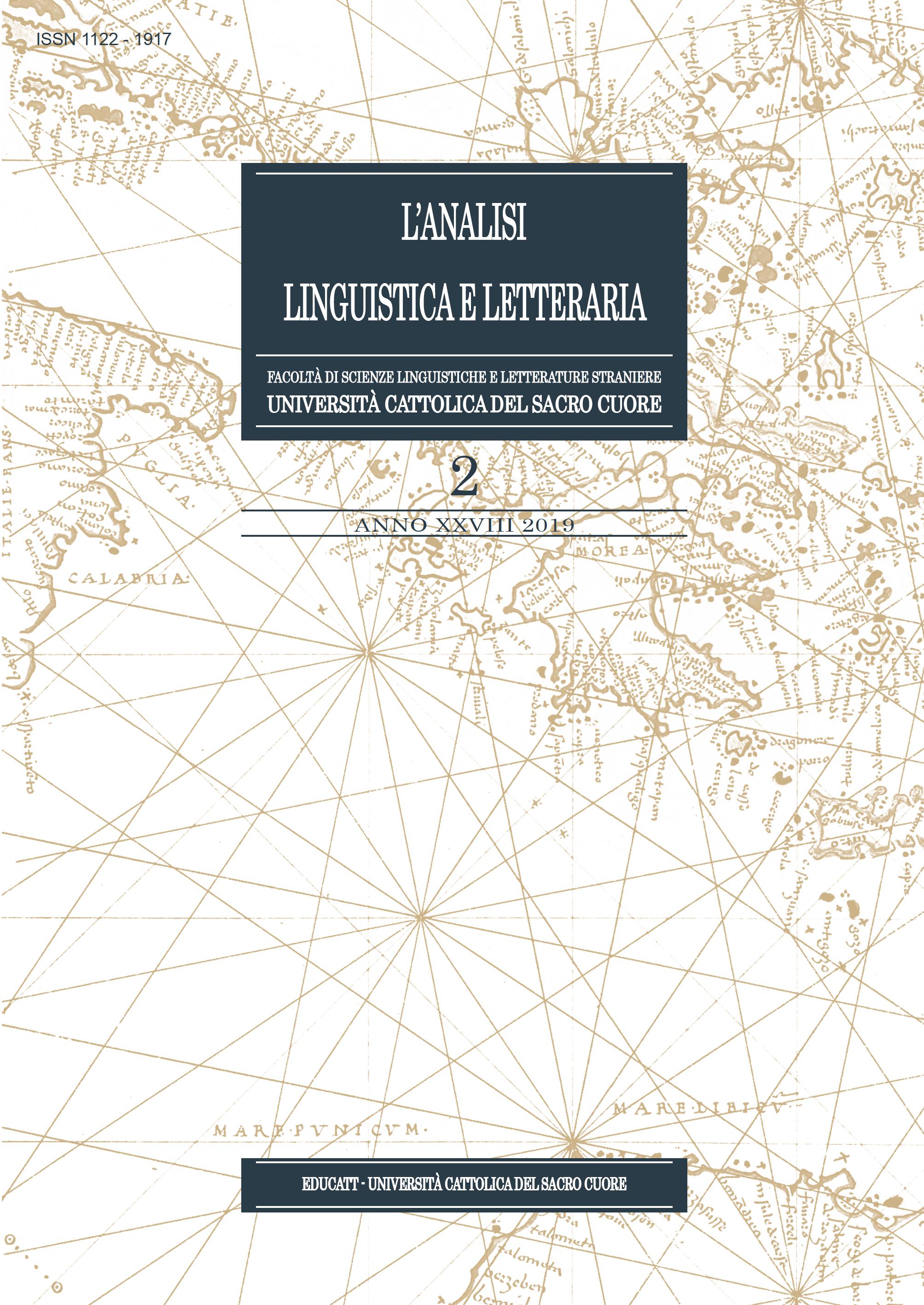
Published 04/20/2021
Keywords
- lexicography,
- manipulation,
- ideological component,
- evaluation semantics
How to Cite
Copyright (c) 2019 L'Analisi Linguistica e Letteraria

This work is licensed under a Creative Commons Attribution-NonCommercial-ShareAlike 4.0 International License.
Abstract
The purpose of the article is to study the Russian explanatory dictionaries of the twentieth cen- tury as a mechanism for reflecting and forming a picture of the world, ideologically verified and demanded by the country’s political power. Reflection of the political realities of the Soviet era, axiological accents, the hard border between “their” and “alien” – this is an incomplete list of tasks, the solution of which was assigned to dictionaries. Distortion of information is carried out in the following ways; 1) the concealment of individual facts; 2) the regrouping of informa- tion in order of importance, violating the logic and history of language development; 3) silence of some facts and the nomination of others; 4) repeated repetitions of ideological clichés; 5) fragmentation, that is, the representation of a fragment taken out of context that distorts the content of the whole.
1) Целью статьи является исследование русских толковых словарей ХХ века как механизма отражения и формирования картины мира, идеологически выверенной и востребованной политической властью страны. Отражение политических реалий советской эпохи, аксиологических акцентов, жесткой границы между «своими» и «чужими» – вот неполный перечень задач, решение которых возлагалось на словари. Искажение информации осуществляется следующими способами; 1) сокрытие отдельных фактов;
2) перегруппировку информации по степени важности, нарушающую логику и историю развития языка; 3) замалчивание одних фактов и выдвижение других; 4) многократные повторы идеологических клише; 5) фрагментацию, то есть представление вырванного из контекста фрагмента, искажающего содержание целого.